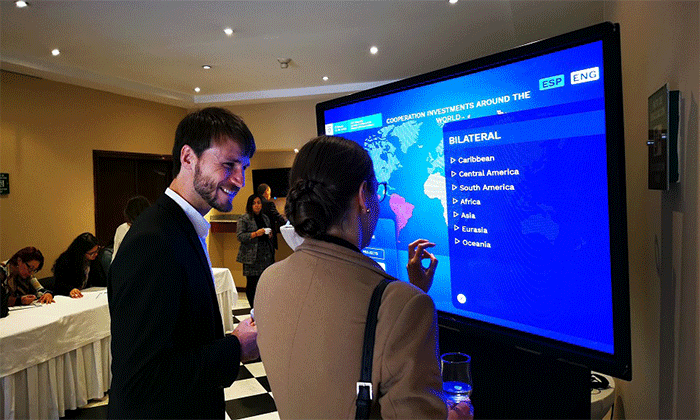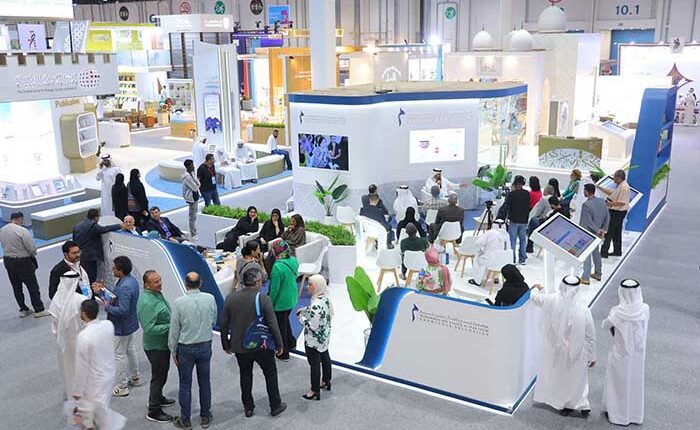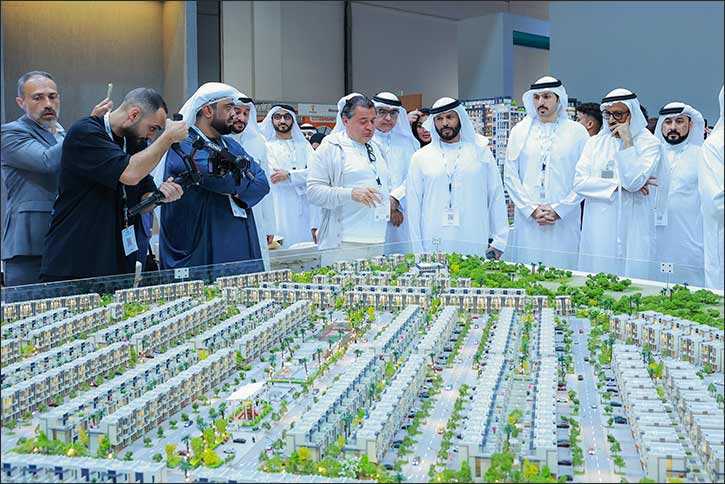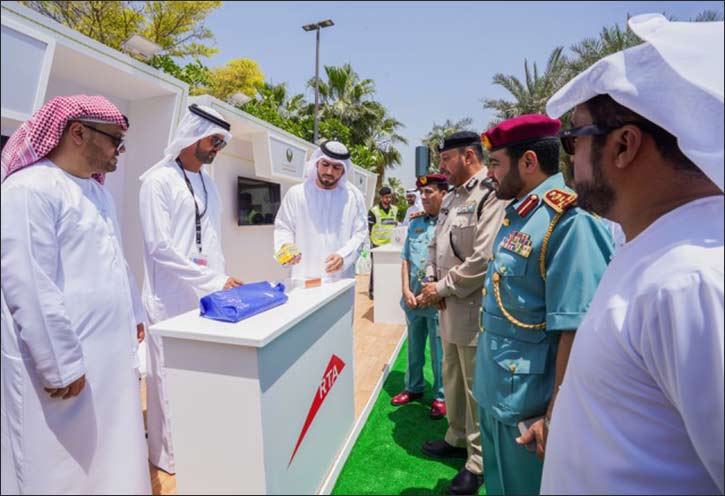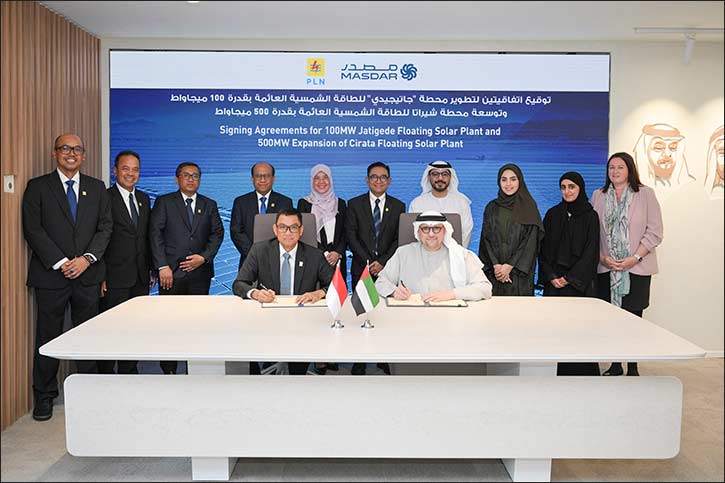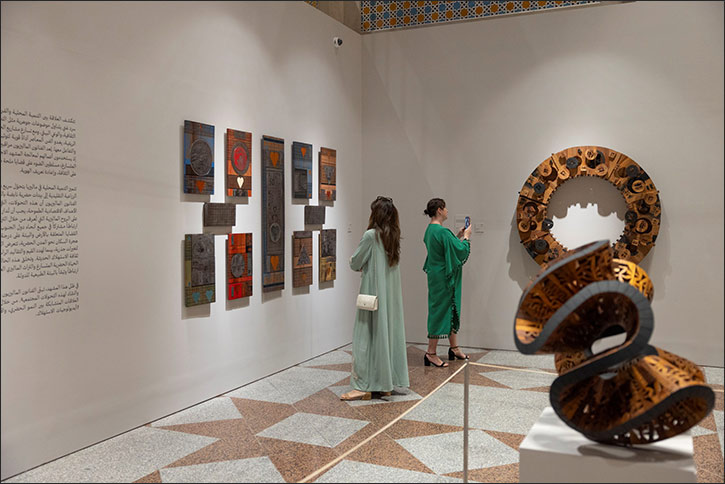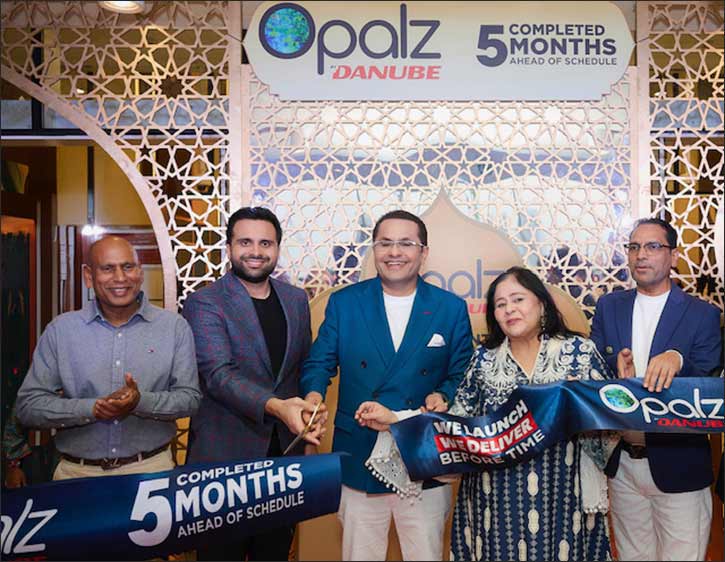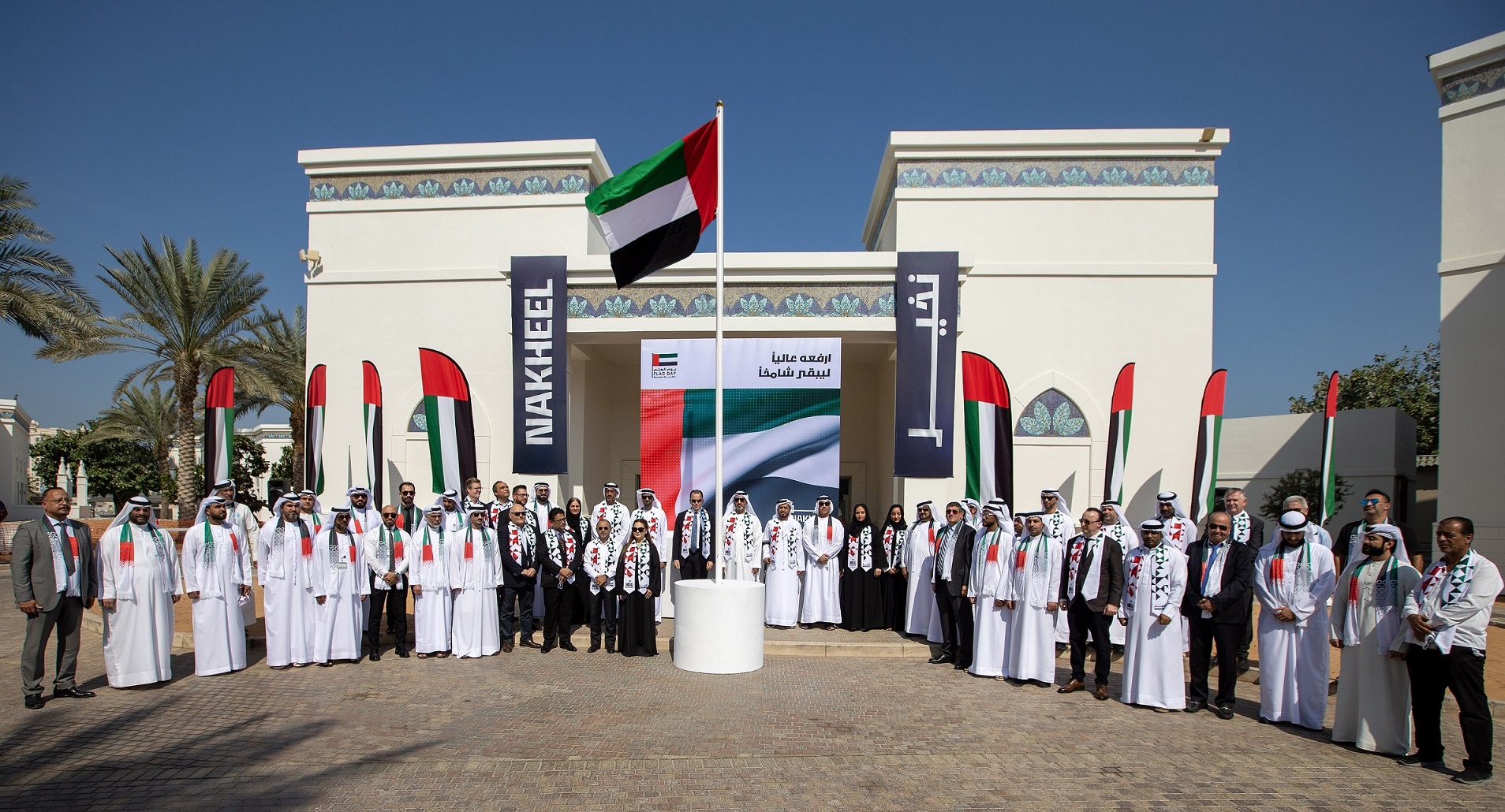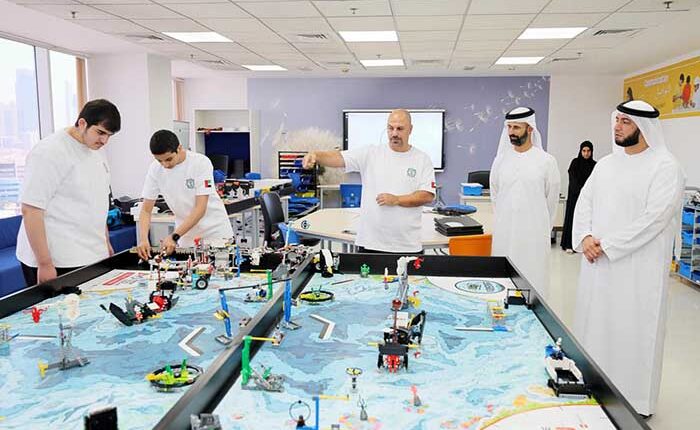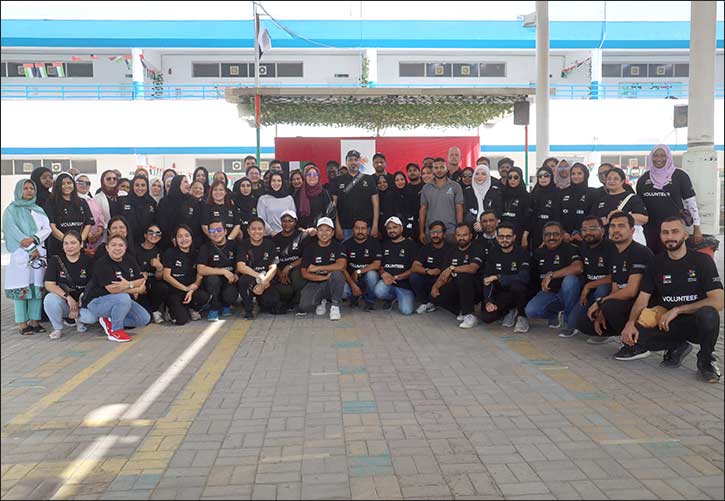- APC Colombia along with two parties, stage hybrid forum during Expo’s Global Goals Week - Forum seeks to highlight role of global cooperation in achieving SDGs by 2030
The Presidential Agency for International Cooperation (APC-Colombia), is the organization that guides Colombia’s international cooperation, signed an agreement with Rwanda Cooperation Initiative (RCI), a public institution in charge of regulating and promoting socio-economic activities in Rwanda to help boost their countries’ sustainable development initiatives. The signing of the Memorandum of Understanding (MoU) took place after both parties, along with the German Development Institute, hosted a hybrid forum from January 18 to 19, 2022 during Expo 2020 Dubai´s Global Goals Week.
The collaboration echoed the forum’s theme which focuses on South-South cooperation and how to increase the sustainable development contributions of the countries of the Global South. Viviana Manrique Zuluaga, Director of APC-Colombia, and Emmanuel Hategeka, Ambassador of the Republic of Rwanda to the UAE, inked the MoU which demonstrates the commitment of their respective organizations in accelerating sustainable growth not only of Colombia and Rwanda but the rest of the world as well.
Under the terms of the partnership, the two sides will exchange knowledge, expertise, technology and financial resources to advance the global sustainable development movement. They will also collaborate to encourage and promote effective alliances with public, public-private and civil society entities, taking advantage of their experience and strategies in obtaining resources from partners.
“Colombia is aware that a strong global commitment is necessary for the country to achieve the Sustainable Development Goals (SDGs) within the set deadline. We believe that strategic alliances are vital especially during this pandemic which continues to profoundly transform our societies. The MoU signed on the sidelines of our hybrid forum reflects the shared goals of APC-Colombia and RCA to implement effective and genuine sustainable development initiatives that are vital to building an inclusive and sustainable future. This is also part of our response to the international calls to engage in a decade of action to deliver the SDGs by 2030. The forum and the MoU illustrated the willingness of our respective countries as well to implement key measures to attain the SDGs,” said Zuluaga.
Zuluaga added: “We also held the forum and signed the MoU to show our support for the Expo’s Global Goals Week. The Global Goals Week event had allowed all Expo participants, including Colombia, to explore the best way to work together to achieve sustainability. It was an ideal opportunity to connect and forge new ties for this purpose, as well as meet partner countries, engage in international philanthropy, discuss various sustainable development issues, and identify synergies and cooperation opportunities for Colombia.”
During the Global Goals Week, APC-Colombia presented its strategic 2022 commitments to international partners and entities participating at the Expo. The institution also took the opportunity to reinforce Colombia´s role as a requester and provider of cooperation among different partners of the Global South, Europe, Asia and North America. In addition, it identified new partners and innovative projects covering various fields and disciplines, including science and technology, environmental sustainability, economic revitalization, renewable energy, the ‘orange’ economy, tourism, and many more.
“At APC-Colombia, we work with our global allies through international cooperation to help achieve our country’s main development and sustainable development goals. This is our organization’s guiding principle,” Zuluaga said.
Since 2018, Colombia has been contributing to the attainment of the SDGs, especially those focusing on disparity reduction, peace, justice and solid institutions, zero hunger, health and well-being, and terrestrial ecosystems. To support the country’s efforts to attain the SDGs, APC-Colombia has been in constant coordination with the United Nations, its agencies, funds and programs, multilateral banks, and more than 27 partners of Official Development Assistance and international philanthropy.
